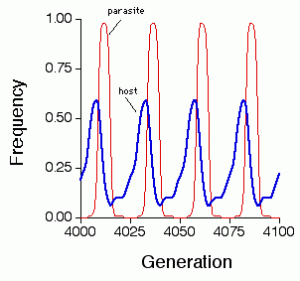Throughout history, humans have had a fascination with ants, featuring them in fables and folklore (See Aesop’s “The Ant and the Grasshopper”or Greek mythological Myrmidons). Their social and industrious nature make it easy to see them as human-like, and one cannot help but marvel at adaptations such as underground fungus gardens, herding and tending of aphids, burial of their dead, and their ability to work as a group to accomplish a common goal, to name a few. While most people view ants as kitchen or sidewalk nuisances, researchers who study ants are continuously revealing new and exciting complexities about ant behavior.
Slave-making (also called slave-raiding) in ants occurs when ants leave their nest, enter the nest of another species of ant, steal the developing larvae and/or pupae, bring them back to their own nest, and then rear the captured young into adult workers. Slave-making is a type of social parasitism, meaning that the slave-making ants are benefiting at the expense of the host, or captured, species of ant. This relationship can either be facultative, meaning that the slave-making ant can survive without taking brood from another colony (though they may not be as productive without slave-making), or the relationship can be obligate, meaning that the slave-making ants are unable to survive, usually because they cannot eat or care for their own young, without help from the host. Continue reading “EmANTcipation: When captured ants rise against their captors”


